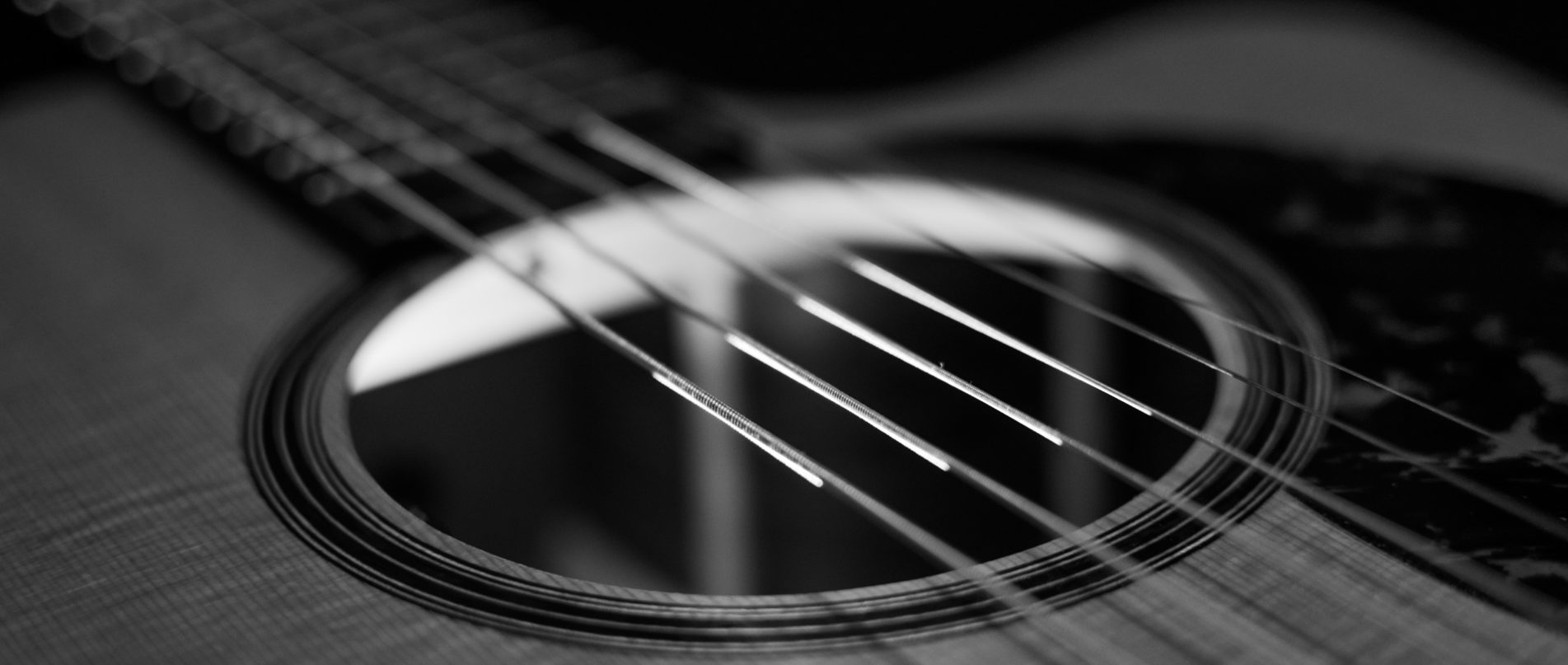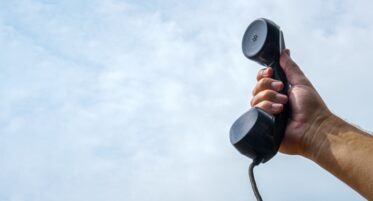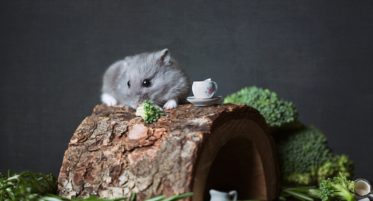
Prompt Images
Twenty years ago my wife and I renewed our wedding vows. Several close friends and some family who flew up enjoyed a warm summer evening and dinner under a lighted tent in our backyard. A terrific local duo played a few sets of jazz and pop standards, taking our requests well into the night. My wife agreed it was one of the most enjoyable nights of our lives.
A week later I received a package in the mail with little explanation from a friend who’d attended, with just a scribbled note …loved the music and thought you might like this and if you love it like I do please pass it on. I forgot about it for weeks. Finally one night I picked it up, noting a girl who might be a busker, standing in front of a nondescript brick building on the cover.
After a few distracted passes, I finally sat and took it in.
My lifelong fascination with the music of Eva Cassidy had just begun.
Liner notes revealed the songstress had performed in a jazz club in Georgetown, recorded it, then sold copies around DC in hopes of making a name. The diversity of the songs was striking. She opened with a classic jazz standard I’d frankly grown bored with, but in that third verse, her voice revved the band into overdrive, hinting more was coming. Then a super-engaging take on the blues classic Stormy Monday. A cover of Simon and Garfunkel’s Bridge Over Troubled Waters followed, virtually unrecognizable from the original.
Everything about these tunes was unexpected, and the joyful surprises kept coming. Reinvented jazz tunes intertwined around eclectic pop/rock, gospel standards turned R&B (and vice versa), all completely rebuilt, each revelation better than the last. An unfamiliar but stirring a cappella folk song, and then a jaw-dropping version of Sting’s Fields Of Gold.
I had officially forgotten where I was.
Just when it seemed there could be no higher peak, I encountered the song I would return to often in life when I needed to feel something really profound. Autumn Leaves
Over time I stumbled upon dozens of Eva Cassidy gems like forgotten Rembrandts in a dusty attic. But it was always Autumn Leaves that moved me most. I remembered excitedly sharing that CD, Live At Blues Alley, with neighbors and co-workers, and this particular song always came back as a favorite. Years ago when fiddling on YouTube for the first time, I tapped Eva’s name into the search, and out popped a startling revelation. Recorded video clips from the Blues Alley sessions were out there. Long before iPhones, that someone had the foresight to grab a Sony Handycam and record it seemed too wonderful to be true. As I studied this clip for the first time, it occurred to me that I never actually seen Eva Cassidy before, aside from a few grainy photos.
To my knowledge, this clip is the only recording of this version. As fate would have it, it may have been the only time Eva would perform the song (with accompaniment) out loud, ever.
She’d played much rougher versions solo for tiny audiences at Fleetwood’s and Pearls.
But It was new in her mix with the band, and they’d never rehearsed it. Eva opens alone on the guitar and sings in a low key, with lots of flat notes everywhere. Just skillful, stark guitar and her haunting vocal. For the solo, Eva asked her pianist (Lenny Williams) to just “play something in there”, the specifics never discussed. Later, Williams, a seasoned jazz veteran having covered it many times and in many styles, admitted being “terrified”. Hearing Eva’s spellbinding opening verses, he almost didn’t even enter until she gave him a look right before his spot that conveyed “better come in here now ‘cause I don’t have a solo.” He decided almost on the spot to play it in a high, tinkling key in juxtapose to Eva’s lower notes, with a classical touch that crowns this masterpiece. Williams later joked about thinking, “Was I about to put a mustache on the Mona Lisa. ”Eva’s accompanying guitar behind the solo is so well crafted that I swear I can hear horns.
Composed in the 40s in collaboration with a French poet (Les Feuilles Mortes for you purists!), it was used in the 1956 Joan Crawford movie of the same name, where Nat King Cole’s wistful vocal version emerged. Great jazz pianists of the day soon jumped on it, covering its wonderful melody, usually with an upbeat swing. Every serious big singer for decades covered it at some point in their careers. Barbara Striesand (with that voice like buddah) even threw in some skillful French for effect. All of those interpretations reflected the lament of lost love with typical French style, a sort of vogue sexiness in loss, as if passing by a cafe that you and your ex once frequented. An accordion echoes down a cobblestone street. Your heart tugs.
But when you run this tune through the “Eva” filter (as Lenny Williams called it), what comes out is just pure loss.
I can almost hear Eva evaluating this song, thinking “it’s about LOSS, so let’s just deal with that. ”Real loss isn’t sexy or bougie. It doesn’t swing jauntily. Real loss HURTS like a hot knife in the side. So Eva stripped the sensuality, the swing and all the Le Vie En Rose out. Her reassembled interpretation, coupled with empathetic soprano and skillful musicianship, gashes us in the heart with how it feels to lose someone in the real world Eva occupied.
I’ve read a lot about Eva Cassidy and about that night of January 3rd, 1996. A landscaper and part-time artist from Bowie, Maryland, she was pushed (often reluctantly) toward a career in music by everyone who witnessed her talent. But that would require subtle artistic compromises she ultimately couldn’t make. She would only sing songs she felt deeply, reinventing each one like a musical Mozart, causing the listener to mentally record over the classic originals.
Her parents and a horde of well-wishers were among the roughly 150 patrons in the club that night. The recording, which consumed the last thousand dollars she and her family could scrape together for the taping, failed on the first night. The band would have to play that second fateful night with intense pressure to “get it perfect”. Eva had a terrible cold, and the band could hear that she was far from her vocal best (seriously?). Bruce Lundvall, President of legendary Blue Note jazz label, was very close to signing her.
Everybody felt like the night of January 3rd was the band’s last Hail Mary.
I really feel the need to re-emphasize this point. With no fancy orchestra, arrangers, collaborators or studio tricks, with a guitar that frequently slipped in and out of tune, marginal recording equipment at best, a bad cold, and the looming prospect of losing everything, Eva produced this one-of-a-kind creation. I can only describe it as otherworldly.
*******
Later that summer, Eva complained of nagging hip pain, maybe straining something while painting murals on a ladder. It was advanced bone cancer. Ten months to the day of the Blues Alley sessions, just as the leaves in DC began to fall that autumn, Eva passed away.
In the weeks prior to her death, bandmates rushed to put final pieces to half-completed tracks. They arranged a benefit fundraiser at the local Bayou Theater. Despite being rejected by Blue Note (calling her “creatively directionless”) and every other label, she finally had a larger local following. That night, with her signature blond locks lost to chemo and morphine to manage the nausea, she got on stage to sing her appreciation. Just as she closed Blues Alley, Louis Armstrong’s What A Wonderful World would epitomize the enigma of Eva Cassidy. Deceptively tough, deeply empathetic yet fiercely unsentimental, she comforted her musical collaborator and ex-boyfriend Chris Riondo as he cried about her impending demise by telling him to “just get over it.” Right before dying, she gave away the unspent benefit concert money to four children at Johns Hopkins she met while in treatment.
*******
Years later, Bruce Lundvall would encounter another oddly undefinable artist. He would concede the decision to sign her had been driven in part by how badly he’d miscalculated Eva’s marketability. This time they would trust the public to embrace it. When I first heard Norah Jones, I thought how extraordinary it was for something that eclectic to be on the radio. Fifty million record sales later, everyone on the planet knows exactly who Norah Jones is.
Since 1996, Eva’s estate has managed to sell perhaps ten million of her little homemade CD (and twelve posthumous compilations of Biando’s basement tapes, each perhaps worthy of a lengthy essay) almost entirely through word of mouth. She remains enduringly popular in England. But here in America, Eva Cassidy for a lot of people is just an answer to a challenging music trivia question.
I believe the genius of Eva was this – she was musically color-blind.
She was only able to see the True Colors. And once she showed them to you, you couldn’t take your eyes off them.
*******
Years ago we enjoyed a night out with friends at The Narrows, an intimate concert venue and art studio in a renovated mill building, a popular regional stop for nostalgic older bands and some newcomers. Miss Tess and The Talkbacks, the evening’s opening act, got started while we socialized. Led by a quirky, bespectacled young girl, “Miss Tess” tentatively led a raw, folky trio through some country-esque tunes I didn’t recognize. But as their set proceeded, the music improved. The band found their footing and the young lady’s beautifully nuanced voice began to show. Just as I was being drawn in, there came the announcement of their last song.
The lights lowered, the band disappeared, and little Miss Tess sat on a stool with her guitar and gently began to sing a song I barely remembered from a million years ago, something called I Don’t Want To Set The World On Fire. The place went silent. A captivating voice came out that perfectly conveyed the pure sentiment of the gentle words and soothing melody…it gave me that goosebumpy Eva vibe.
After her set, I waited a bit before venturing toward the entrance where artists do meet and greets, sometimes selling and autographing CDs. Miss Tess sat alone, apparently not having attracted a following on this night.
“Young lady, I will buy anything you have and pay anything you ask, as long as it has that last song. That was stunning.”
She smiled and looked down, preparing the CD for me. “Thank you so much.”
“Where are you from?”
“Maryland.” She said it shyly.
“Really. Maryland? Did you grow up near Bowie?”
“Oh, yeah. That’s maybe 15 minutes from me.”
“Then you must know all about Eva Cassidy?”
Miss Tess sprung to attention. She had something to tell me but seemed to be fighting an innate sense of modesty. “Her dad (Hugh Cassidy) came out to hear me sing, in a bar near home where we play a lot.”
Just like Eva, she didn’t buy her own hype. But now her smile shined like the sun. “He told me I sound a little like her.”
“Oh my God! That’s so amazing. How great that must have felt to hear.”
She nodded, her smile fixed. “Eva’s a big reason why I sing.”




